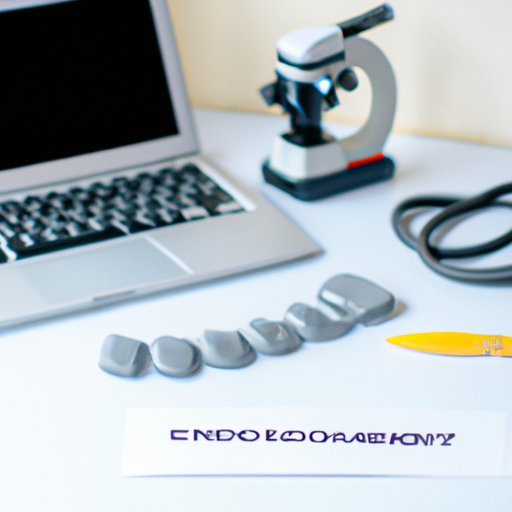Introduction
An erection is the physical manifestation of sexual arousal; it occurs when blood flows into the penis, causing it to become engorged with blood. The anatomy and physiology of an erection involve complex interactions between hormones, nerves, and muscles, which can be affected by underlying medical conditions, medications, and lifestyle choices. In this article, we’ll explore how an erection works, potential causes of erectile dysfunction (ED), and treatments for improving erectile health.
Hormones and Erectile Function
Testosterone is a primary male hormone that plays a key role in achieving an erection. Low testosterone levels can lead to reduced libido and difficulty achieving an erection.
In addition to testosterone, other hormones play a role in erectile function. According to a study published in the International Journal of Andrology, “The hypothalamic-pituitary-gonadal axis is regulated by hormones such as luteinizing hormone, follicle-stimulating hormone, prolactin, oxytocin, thyrotropin-releasing hormone, cortisol, and arginine vasopressin.” These hormones can affect the body’s ability to achieve and maintain an erection.
Psychological Factors and Erectile Dysfunction
Stress and anxiety can have a negative impact on erectile health. According to a study published in the journal Psychosomatic Medicine, “Men who reported higher levels of stress were more likely to experience erectile difficulties than men who reported lower levels of stress.”
Depression can also contribute to erectile dysfunction. A study published in the journal Urologic Clinics of North America found that “patients with depression are more likely to report ED than those without depression.”

Causes and Treatments for Erectile Dysfunction
Physical causes of ED include cardiovascular disease, diabetes, obesity, low testosterone, and neurological disorders. ED can also be caused by certain medications or psychological issues such as stress, anxiety, and depression.
Medications used to treat ED include phosphodiesterase type 5 inhibitors (PDE5 inhibitors) such as sildenafil (Viagra), tadalafil (Cialis), and vardenafil (Levitra). Other treatments for ED include penile injections, vacuum devices, and implants.
Alternative treatments for ED include herbal supplements, acupuncture, and lifestyle changes such as exercise and diet.

Benefits of Lifestyle Changes for Improving Erectile Health
Regular exercise and a healthy diet can help improve erectile health. Exercise helps reduce stress, boost testosterone levels, and improve circulation, all of which can help improve erectile function. Eating a balanced diet rich in fruits, vegetables, and lean proteins can also help improve erectile health.
Stress management techniques such as yoga, meditation, and deep breathing can help reduce anxiety and improve overall mental health. This can help improve erectile health by reducing stress and anxiety.

Reviewing New Technologies for Diagnosing and Treating Erectile Dysfunction
New medications are being developed to treat ED. For example, researchers are looking at the use of stem cells to regenerate tissue in the penis, which could help improve erectile function. Vacuum devices and implants are also being used to treat ED.
Conclusion
An erection is the physical manifestation of sexual arousal. It involves complex interactions between hormones, nerves, and muscles, which can be affected by underlying medical conditions, medications, and lifestyle choices. Low testosterone levels, stress, anxiety, and depression can all contribute to erectile dysfunction. Medications, alternative treatments, and lifestyle changes can help improve erectile health. New medications and technologies are also being developed to diagnose and treat ED.
(Note: Is this article not meeting your expectations? Do you have knowledge or insights to share? Unlock new opportunities and expand your reach by joining our authors team. Click Registration to join us and share your expertise with our readers.)
